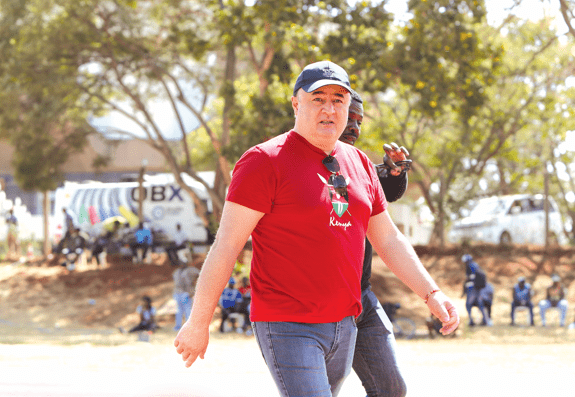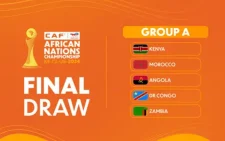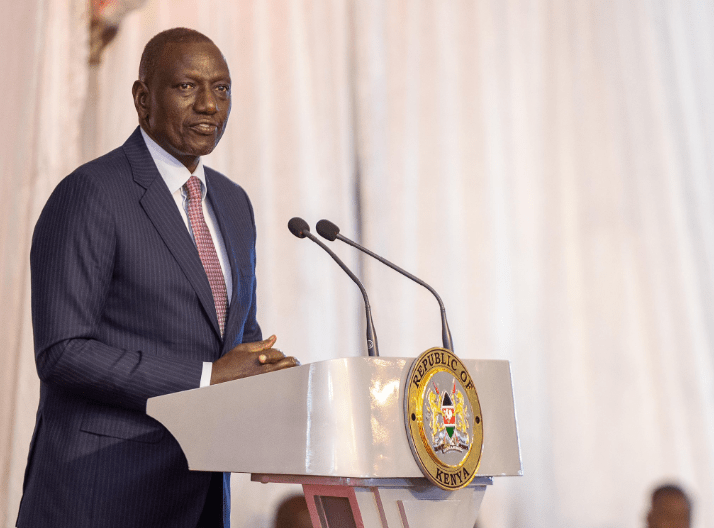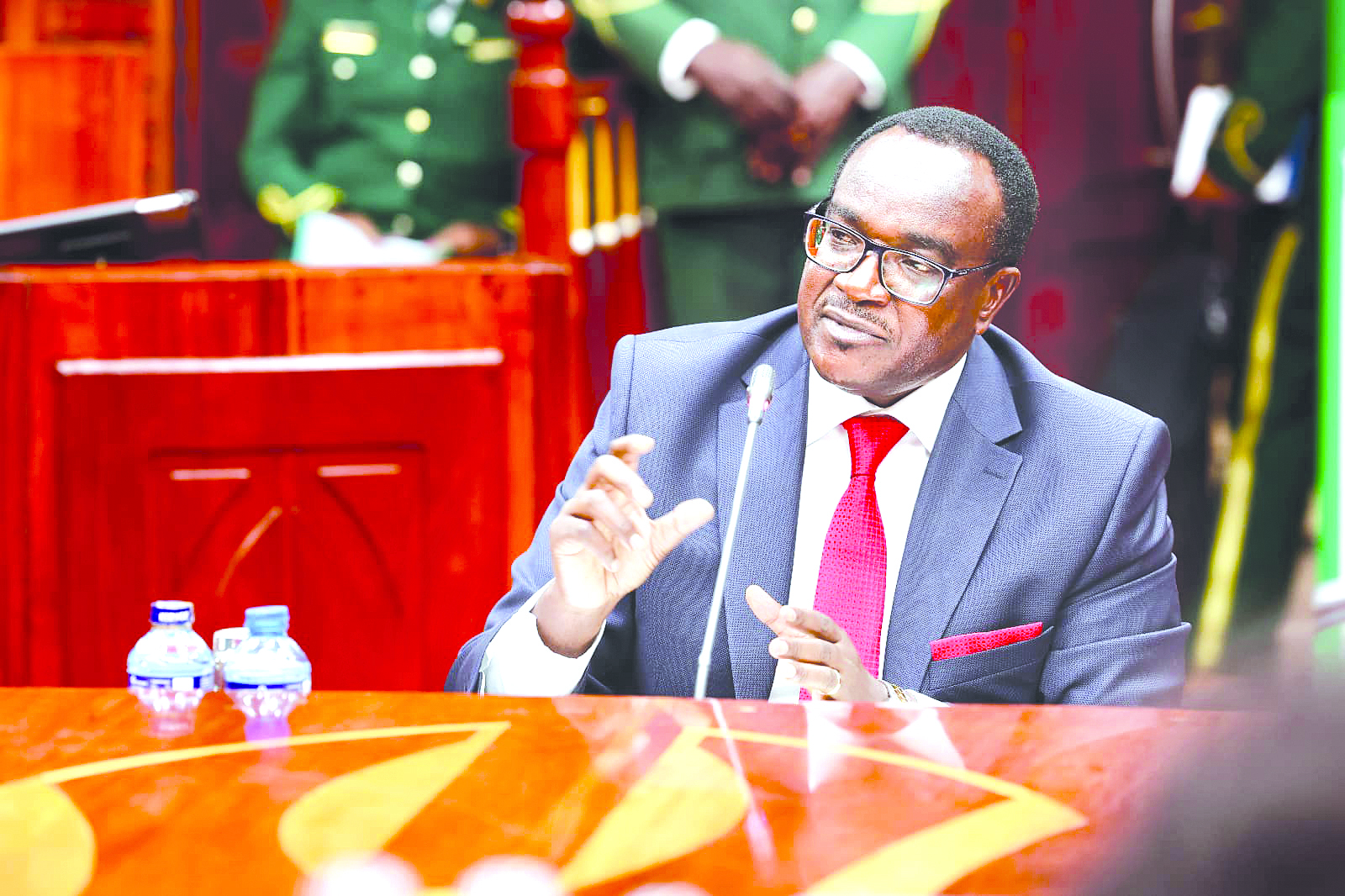Why arbitration is key in resolving media disputes
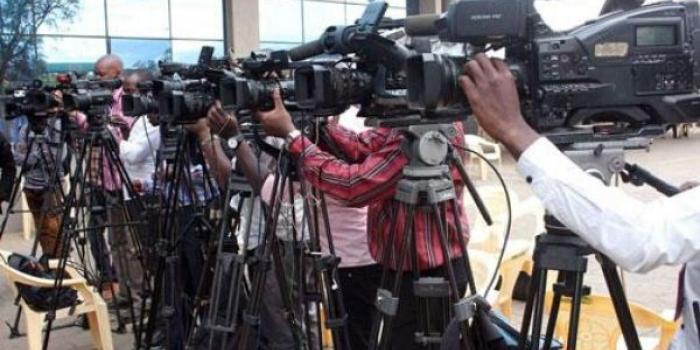
“For too many journalists, one lawsuit could bankrupt them or their newsroom.”- Josh Stearns, GR Dodge Foundation.
This ominous statement has become a sad reality for the Kenyan media industry which has faced numerous libel suits whose outcomes are exorbitant damages for civil defamation slapped against media organisations and individual journalists by the formal court system. This has had a chilling effect on freedom of expression by self-censorship, which stifles publication of sensitive high-profile stories as well as a threat to media sustainability given the accompanying hefty costs.
This undermines the media’s role as a guarantor of freedom of expression which is vital for democratic progress as it gives citizens freedom of speech, the right to information and representation of different opinions in a heterogeneous society.
A free and functioning media industry also fosters responsible journalism that churns truthful, balanced and fair account of matters of public interest. Therefore, all media related complaints either by citizens against media firms/journalists or by journalists/media firms against other State or non-State agencies require a dedicated alternative disputes resolution mechanism specifically tailored to resolve disputes in an efficient, cost-effective and informal way without the need for expensive or protracted court litigation. More importantly, the decisions reached in arbitration are binding and enforceable in court.
Arbitration in media cases offers several benefits, including the fact that it is generally faster and more effective than traditional court litigation. Arbitration proceedings are characteristically confidential, which can be important in media cases where public exposure may be unwelcome. It is noteworthy that arbitrators often have specialised knowledge in media law, which can lead to more informed decisions and necessary programmatic interventions. Further, arbitration allows for more flexible processes and can be customised to the specific needs of the parties involved.
Additionally, by avoiding the court system, parties in media cases can avoid the negative publicity and public scrutiny that can often accompany court litigation. Media Complaints Commission exists under Section 27 of the Media Council Act, 2013 as the complaints mechanism in the media sector. It is anchored under Article 159 of the Constitution which promotes alternative dispute resolution processes such as mediation. Commission comprises a chairperson with qualifications of a High Court Judge and six other persons with knowledge and diverse experience in journalism, media, business, finance or related social fields.
Commission receives administrative support from the Media Council of Kenya Secretariat which is a statutory body also set up in the same law as a co-regulation system to defend the independence and operational autonomy of the media.
Similarly, the Media Council of Kenya takes up complaints on its own initiative and forwards the same to the commission for determination wherein its opinion the complaint has public interest implications.
The diverse caliber of cases handled by the commission as filed both by ‘wanjiku’, journalists, State agencies and powerful State officers confirms trust in the system and
advancement of the rule of law. Case resolution rate of the Commission currently stands at 90 per cent having set in place mechanisms to achieve impartial, speedy and cost-effective settlement of complaints against journalists and media enterprises, by leveraging on technology to adopt virtual sessions. Journalists and media practitioners who continue to face violations from State and non-State actors such as threats, harassment, censorship and access denial is encouraged to seek recourse to the reliefs granted under this mechanism. Similarly, any member of the public aggrieved by the media should engage the commission for closure.
— William Oketch is the chairperson of the Media Complaints Commission

